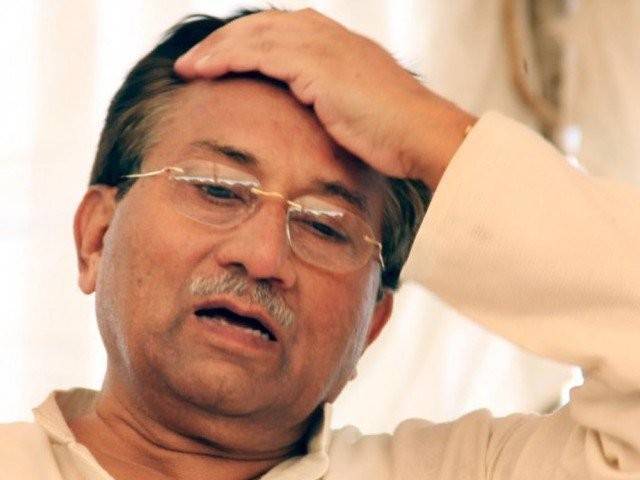
“Under Section 9 of the Criminal Law Amendment [Special Court] Act, 1976, this Honourable Court [Special Court] is required to proceed with the trial and not grant any adjournment for any purpose unless it is of opinion that the adjournment is necessary in the interest of justice,” stated the prosecution team while submitting a written synopsis on the trial.
On March 31, the special court asked the prosecution to submit a synopsis regarding the completion of the trial.
Special court seeks details of Musharraf’s properties
“The special court may, in the interest of preserving both the fundamental and special law of the land and to comply with the order of the apex court and to thwart repeated efforts of the accused to impede justice, kindly proceed with the trial after taking whatever steps deemed necessary for the purpose,” says Akram Sheikh in a written submission.
Sheikh also claimed that it is evident from the record and behaviour of the accused that he [Musharraf] was not ill and that furthermore his absence was just an attempt to impede the course of justice.
The prosecution team pointed out that Musharraf intermittently sought to adjourn the trial and subsequently stopped appearing in the case simply to impede the course of justice. The prosecution closed its evidence on September 18, 2014.
Plea for Musharraf red warrants dismissed
On March 8 last year, the special court issued notice to the accused to appear in person for examination, however, without permission from this court the accused travelled abroad purportedly for medical reasons. Subsequently, the accused was declared by this court as a proclaimed offender and absconder, and attachment proceedings were directed against his properties under Section 88 CrPC, stated the head of the prosecution.
On March 5, 2014, Musharraf filed a CMA before the special court, requesting the court to allow him to travel aboard. He had assured the court that he would be back whenever his presence was required.
“No trial before the special court shall be adjourned for any purpose unless the special court is of opinion that the adjournment is necessary in the interest of justice and, in particular, no trial shall be adjourned by reason of the absence of any accused person due to illness, or if the absence of the accused or his counsel has been brought about by the accused person himself, or if the behaviour of the accused person prior to such absence has been, in the opinion of the special court, such as to impede the course of justice but, in any such case, the special court shall proceed with the trial after taking necessary steps to appoint an advocate to defend any such accused person,” Section 9 read.

















COMMENTS (10)
Comments are moderated and generally will be posted if they are on-topic and not abusive.
For more information, please see our Comments FAQ